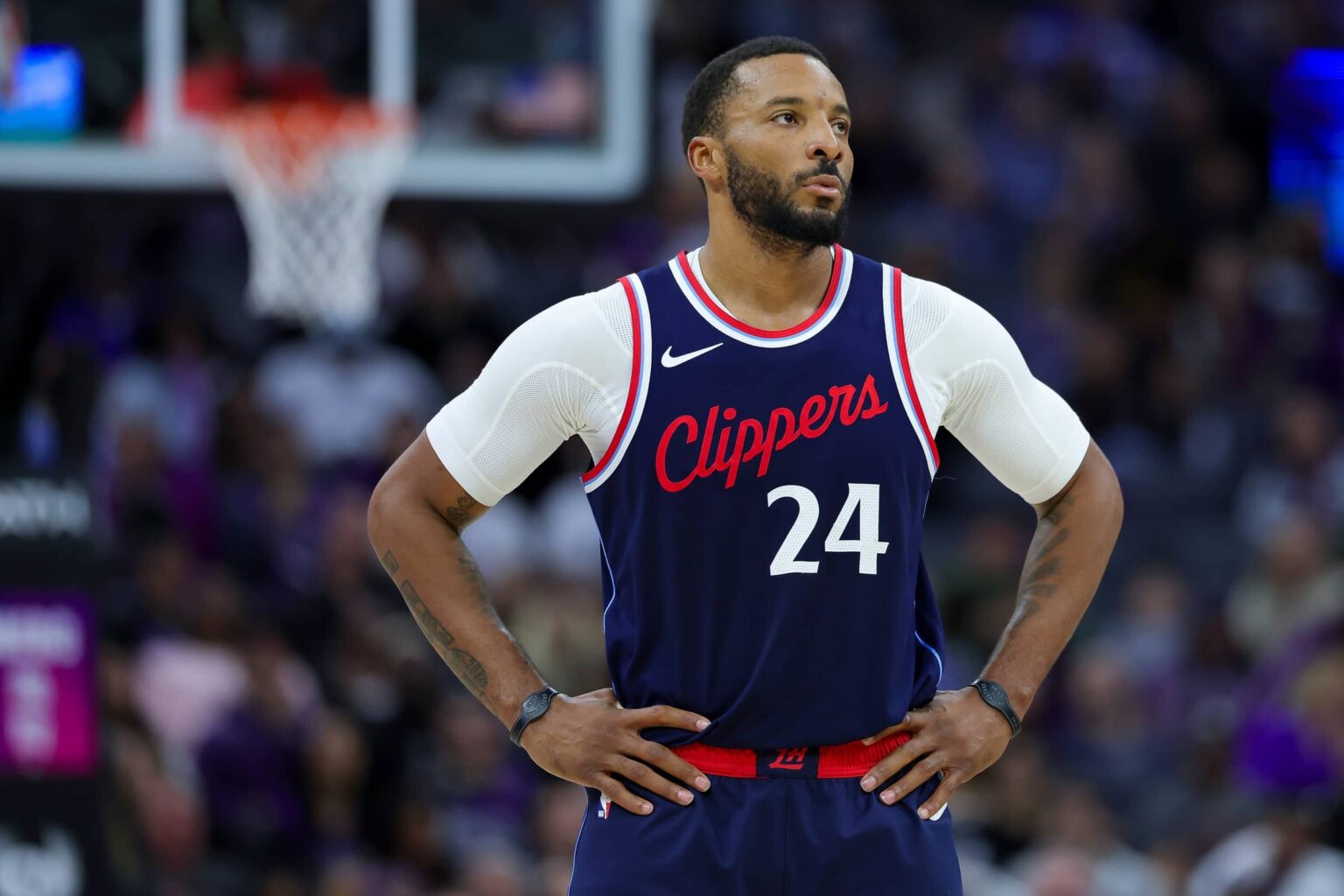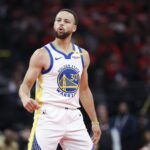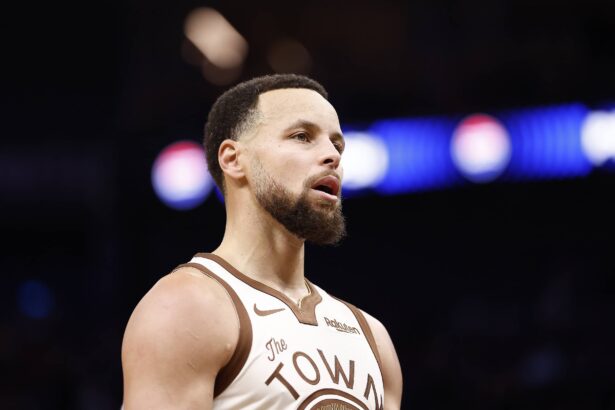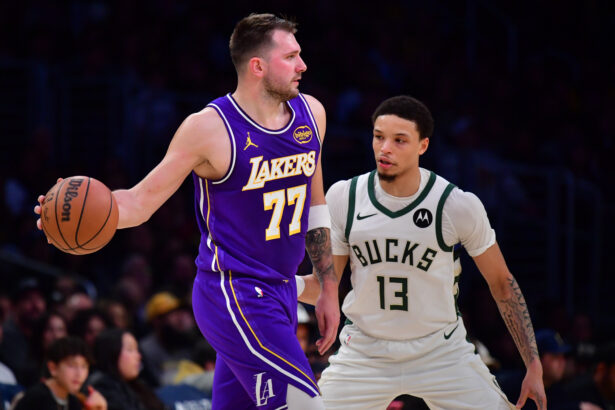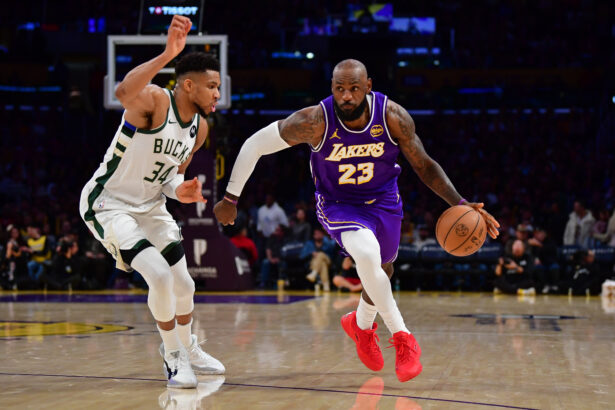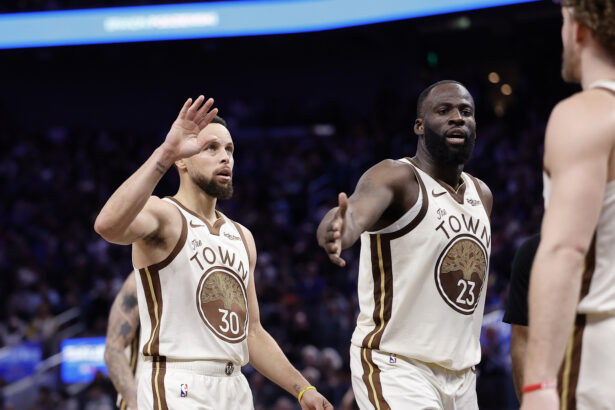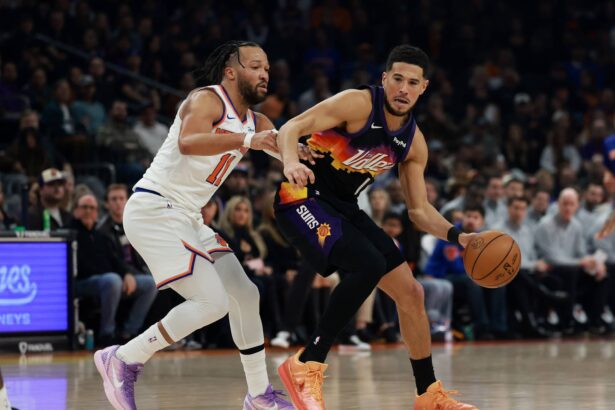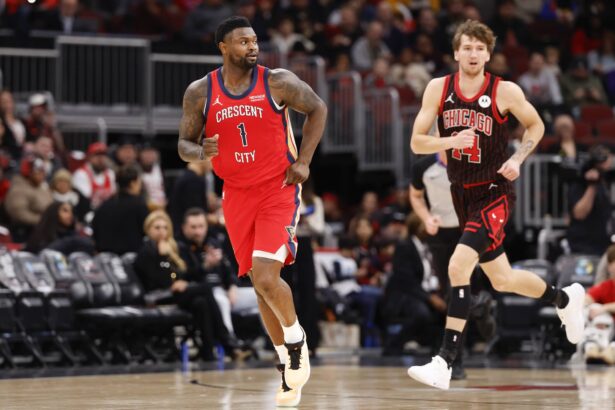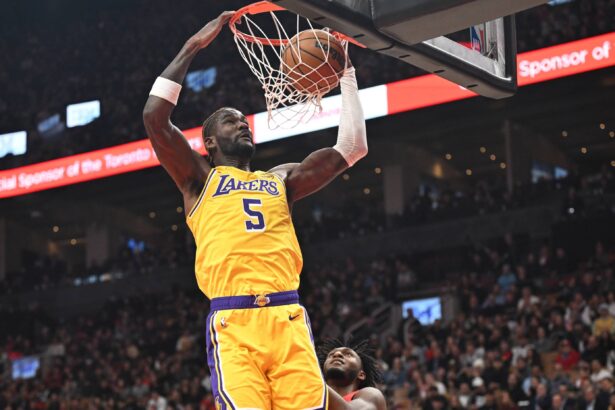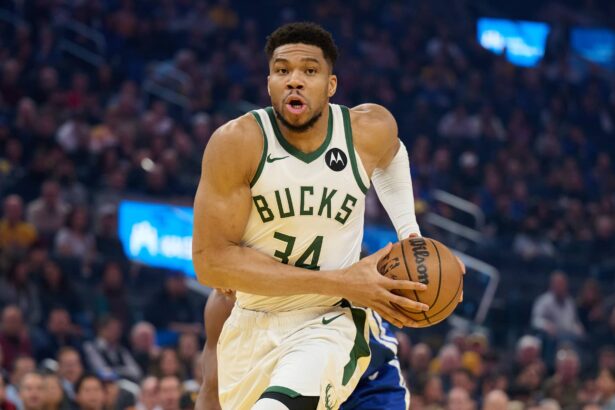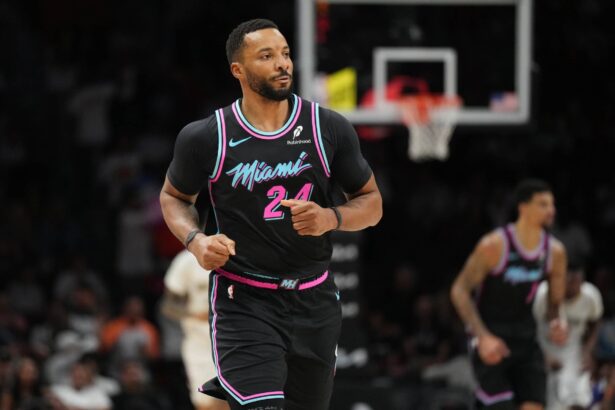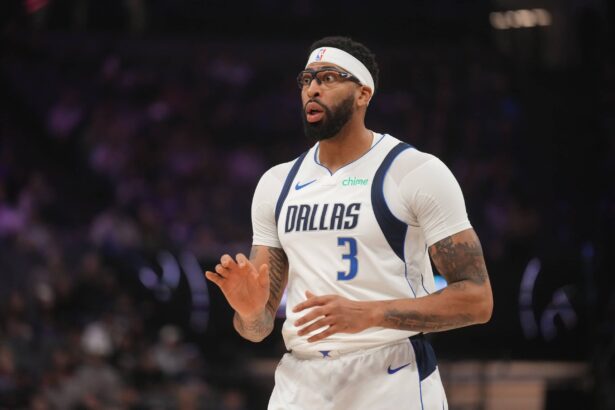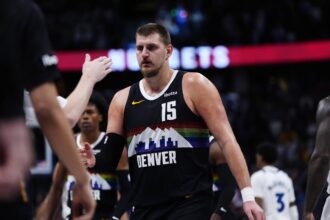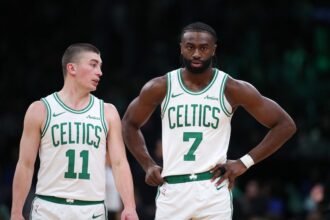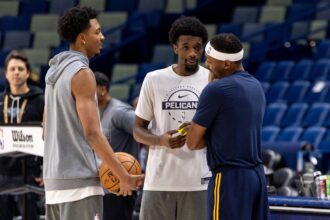Brian Windhorst recently shared fascinating insights into how the Los Angeles Clippers‘ trade for Norman Powell left a lasting impact on the NBA during his appearance on The Hoop Collective podcast. As Powell joined the conversation, Windhorst recounted the behind-the-scenes reactions to the Clippers’ deal, revealing how it became a turning point that prompted NBA owners to push for stricter rules in the league’s Collective Bargaining Agreement (CBA).
“I don’t know if you ever heard this, but when the Clippers traded for you, it was like the straw that broke the camel’s back with the owners.”
“Because, you know, the Clippers had really been really creative in like building up their assets and trying to figure out how to, how to like take three or four pieces, put them together, and make a trade.”
“So like that trade, what brought you in, like, I won’t go into all the mechanics of it, but the day that trade went down, it was like a couple of days before the trade deadline. I was actually in LA at breakfast with an owner.”
“And I don’t know if Woj, whoever broke the trade, we were sitting at breakfast when the trade, he was so, Norm, he was so pissed off. He was like, I cannot believe that the Clippers got Norm Powell. You know, this is like, we got to put a stop to this.”
“And like, you know, it was like, cause you know the Clippers have found different ways to put things together.”
“But yeah, so I don’t know if you ever heard that, but like, you know, you getting traded to the Clippers might’ve like forced all these new, I mean, it was going to happen anyway, but I’m sure people like the rich get richer, et cetera I think it was going to happen anyway, but it was kind of funny.”
In February 2022, the Clippers acquired Norman Powell and Robert Covington in exchange for Eric Bledsoe, Justise Winslow, Keon Johnson, and a 2025 second-round pick. The move was widely praised as a coup for the Clippers, adding scoring and defensive depth to their lineup without giving up significant assets.
Powell has been stellar for the Clippers since the trade. He averaged 16.4 points, 2.8 rebounds, and 1.6 assists in the 2022-23 season, shooting 48.4% from the field and an impressive 43.2% from beyond the arc. This season, Powell has elevated his performance, posting 23.2 points, 3.0 rebounds, and 2.6 assists per game while shooting 48.9% from the field and an incredible 47.4% from three-point range. His contributions have cemented his status as a key offensive weapon for the Clippers.
However, the financial implications of the trade drew significant ire from rival owners. The Clippers, owned by Steve Ballmer, have consistently operated as one of the most aggressive luxury tax spenders in the league. During the 2021-22 season, their luxury tax bill stood at $83 million. This figure ballooned to $140 million in 2022-23 and reached $142 million in 2023-24, further fueling frustration among other franchises.
The fallout from trades like Powell’s contributed to the implementation of a stricter CBA, which took effect in the 2024-25 season. The new rules introduced harsh penalties for luxury tax teams, including a two-tier penalty system designed to curb excessive spending and limit the formation of super teams. Trade restrictions for high-spending franchises were also introduced, reducing their ability to aggregate salaries and acquire additional stars.
The result has been greater parity across the league, as financially constrained teams now face fewer disadvantages against wealthier franchises. The competitive balance has made the league more unpredictable and exciting, though some argue it stifles innovation and creativity in roster-building.
The Clippers’ acquisition of Norman Powell may have helped elevate their roster, but it also left a mark on the league’s regulatory landscape. As Windhorst noted, it became a rallying point for frustrated owners who demanded changes to level the playing field.
While Powell continues to shine for the Clippers, the stricter CBA ensures that teams like the Clippers face far greater challenges in their pursuit of dominance. The trade serves as a reminder of how a single move can ripple across the NBA, influencing its future both on and off the court.
Thank you for being a valued reader of Fadeaway World. If you liked this article, please consider following us on Google News. We really appreciate your support.

